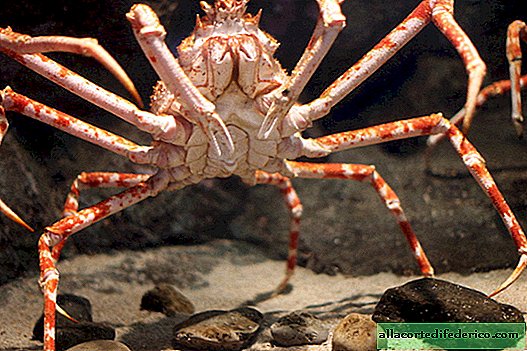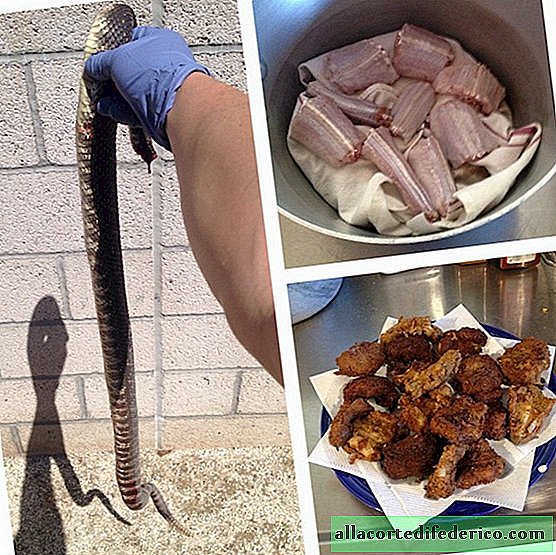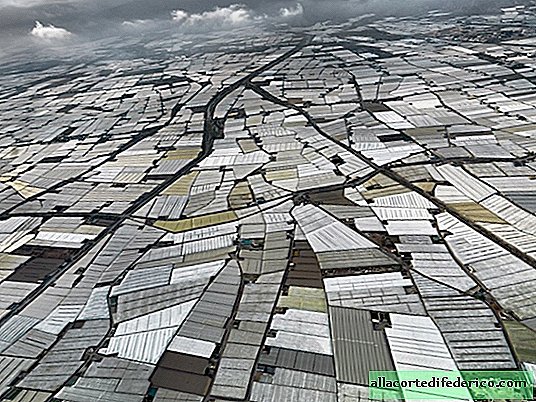"Octopolis" and "Octantis": what do we know about the "cities" of octopuses
Octopuses are not the most sociable guys. Even with their brethren they do not really like to intersect, not to mention the ubiquitous scientists. Therefore, it is always difficult for researchers to study these amazing creatures: they are masters of disguise. But recently, nevertheless, it was possible to discover whole underwater "cities" of octopuses. True, they also try to ignore each other and, on occasion, are not averse to fighting for prey, but still try to stick together.
Welcome to oktopolis
Octopuses almost always live their own lives, like loners. They can fight each other for resources, and males are very risky, caring for the female - her reaction is difficult to predict. Even the loyal octopus mothers, who spend their entire adult lives caring for caviar, prefer to give independence to the hatched octopuses as soon as possible.

Therefore, looking for octopuses is also very difficult. Underwater research equipment is expensive, the training of researchers takes a long time, in general, each octopus becomes an important find. The joy of the scientists was even stronger when, in 2009, they suddenly stumbled upon the Octopus tetricus group (also known as the "grim octopus"), which peacefully lived in Jervis Bay in Australia.
Scientists dubbed this place "Oktopolis" and decided that this was simply the result of some strange behavior, which is very rare.
Not so "gloomy"?
However, recently it became clear that Jervis Bay attracts many groups of octopuses that are not averse to socializing. This thought of scientists was prompted by an even more impressive community of octopuses, which they dubbed “Octantis”. This led scientists to think that octopuses may be more social than previously thought.

This magical place is built from empty shells of mollusks and scallops, a collection of fishing lures and beer bottles. It is here that the octopuses live. I would like to write “in peace and harmony”, but in fact, skirmishes between them occur periodically. However, they still stick together. About 10-15 octopuses signal each other about danger, mate and protect comrades and territory, dividing one area.
Scientists do not exclude that they will find other such "cities" of octopuses, and then they will be able to study in more detail another facet of the character of these mysterious creatures.

















